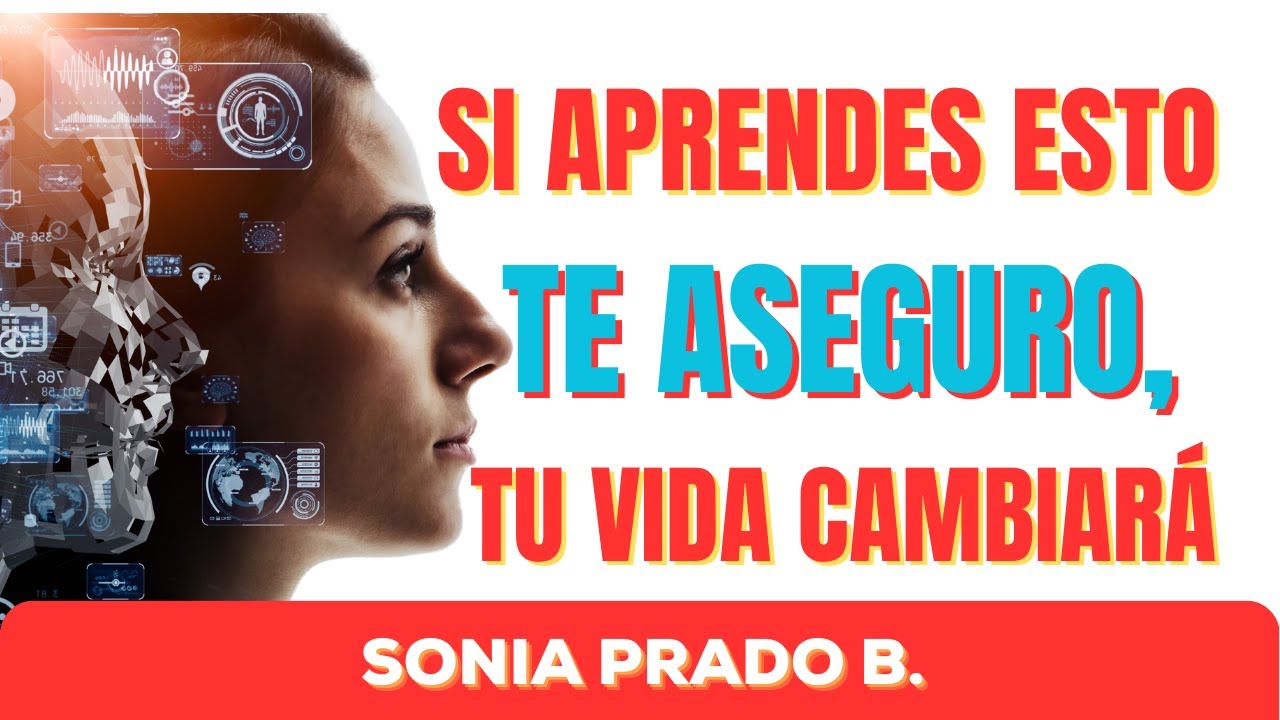Why Pepe Herrera Left The Country and Quit Showbiz For A While | Toni Talks
Summary
TLDREl guion de este video ofrece una profunda conversación sobre la vida, el crecimiento personal y la recuperación emocional. La entrevista revela el viaje de un artista que, tras su descubrimiento en 'Rak of Aegis' y un período de éxito en el entretenimiento, enfrenta la agotamiento y la depresión. La historia se adentra en su lucha contra el trastorno maníaco, la terapia, y el uso de medicamentos que empeoran su estado. Finalmente, encuentra alivio a través de la terapia en Tailandia y aprende técnicas para equilibrar su vida y ser un mejor padre, enfocándose en la importancia de sanar el niño interior y transmitir amor y comprensión a su familia.
Takeaways
- 🌸 Ambos están usando kimonos con diseño floral y es la primera vez que lo hacen juntos.
- 🎭 Pepe fue descubierto en 2014 por su actuación en 'Rak of Aegis', lo que lo llevó al mundo del espectáculo.
- 🌍 Pepe trabajó como mesero en un barco antes de convertirse en artista, donde también cantaba canciones clásicas.
- 🧠 Pepe enfrentó problemas de salud mental, incluyendo episodios de ira y ataques de pánico, lo que eventualmente lo llevó a buscar ayuda profesional.
- 💊 Pepe probó antidepresivos, pero no le funcionaron y empeoraron su condición, llevándolo a buscar tratamientos alternativos en Tailandia.
- 🌟 La terapia en Tailandia ayudó a Pepe a aceptar su condición y a comenzar su proceso de curación.
- 👶 Pepe menciona cómo su hija le ayuda a sanar su 'niño interior' y cómo se esfuerza por no transmitirle sus traumas.
- 🛤️ Pepe habla sobre la importancia de la terapia y el apoyo familiar en su proceso de curación y cómo ha aprendido a perdonar y pedir perdón.
- 🔍 Pepe y Toni discuten la importancia de reconocer y sanar traumas infantiles para no transmitirlos a las generaciones futuras.
- 🙏 Pepe utiliza cuentas de gratitud para expresar su agradecimiento por 108 cosas diariamente, lo que forma parte de su práctica de curación y bienestar.
Q & A
¿Cuál fue el primer trabajo de Pepe antes de convertirse en maestro de música?
-Pepe trabajó en un barco como camarero que también cantaba canciones clásicas.
¿Cómo descubrieron a Pepe para el mundo del espectáculo?
-Fue descubierto después de su actuación en 'Rak of Aegis', donde una señora que estaba en el público, Charo, lo vio actuar y lo contactó.
¿Por qué Pepe decidió dejar todo en 2017 y ir a Nueva Zelanda, Hong Kong y Suiza?
-Se sintió agotado debido al estrés y el burnout, y buscaba un cambio y la recuperación de su salud mental.
¿Cómo describió Pepe su experiencia con los antidepresivos?
-Dijo que los antidepresivos lo hicieron sentirse como un zombie, sin emociones, y con efectos secundarios negativos en las articulaciones.
¿Qué libro conectó a Pepe con Maxene hace dos años y qué les enseñó?
-El libro 'The Untethered Soul' les conectó y les enseñó sobre la importancia de conocerse a sí mismos y la identidad personal más allá de las expectativas de la industria del espectáculo.
¿Cómo ayudó a Pepe a lidiar con su depresión y tendencias suicidas durante su viaje a Suiza?
-Decidió volver a casa para buscar terapia y ayuda profesional tras experimentar una profunda depresión y pensamientos suicidas mientras estaba en un teleférico en Suiza.
¿Qué es lo que Pepe aprendió sobre sí mismo durante su proceso de sanación?
-Descubrió que también puede ser introvertido y que a veces prefiere estar solo en lugar de siempre querer hacer reír a los demás.
¿Cómo describió Pepe su experiencia con los niños y cómo esto influye en su proceso de sanación?
-Dijo que los niños son sensibles y que pueden ayudar a sanar su niñez interior, y que su deseo de ser el mejor padre posible es una de sus principales motivaciones para sanar.
¿Qué técnica utiliza Pepe para expresar su gratitud y conectarse con su mente y emociones?
-Usa un rosario llamado 'Santosha beads', donde expresa 108 cosas por las que está agradecido, incluyendo a Dios, la Madre Tierra y el Universo.
¿Cómo aborda Pepe la idea de pedir perdón y cómo esto ha influido en su relación con su familia?
-Cree firmemente en la importancia de pedir perdón y recibir disculpas, y ha experimentado momentos de conexión y sanación con sus padres al discutir y llorar juntos sobre el pasado.
¿Qué tácticas utiliza Pepe para manejar sus emociones y evitar transmitir su trauma a su hija?
-Cuando se frustra o se molesta, se da cuenta y luego se disculpa con su hija, lo que le ayuda a establecer un ejemplo de cómo manejar las emociones de manera saludable.
Outlines

Esta sección está disponible solo para usuarios con suscripción. Por favor, mejora tu plan para acceder a esta parte.
Mejorar ahoraMindmap

Esta sección está disponible solo para usuarios con suscripción. Por favor, mejora tu plan para acceder a esta parte.
Mejorar ahoraKeywords

Esta sección está disponible solo para usuarios con suscripción. Por favor, mejora tu plan para acceder a esta parte.
Mejorar ahoraHighlights

Esta sección está disponible solo para usuarios con suscripción. Por favor, mejora tu plan para acceder a esta parte.
Mejorar ahoraTranscripts

Esta sección está disponible solo para usuarios con suscripción. Por favor, mejora tu plan para acceder a esta parte.
Mejorar ahoraVer Más Videos Relacionados

SI APRENDES ESTO, TE ASEGURO TU VIDA CAMBIARÁ

【衝撃】ジャーナリングを続けてたら大変なことになった

La MEJOR Entrevista de Charles Manson [SUB ESP]

DISCURSO ESPECIAL: COMO SOBRELLEVAR LA CARGA DE TU PROPIO CORAZÓN. 18 DE MARZO DE 2018.

Cómo funciona tu memoria: codificación, almacenamiento y recuperación | Aprendizaje Arata 19

NO puedes vivir sin un SENTIDO DE VIDA: La FILOSOFÍA de VIKTOR FRANKL - Audiolibro

El Ser Social
5.0 / 5 (0 votes)